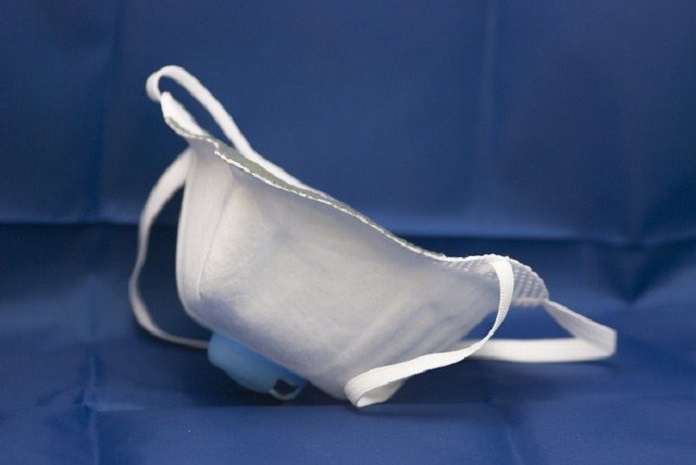Italian researchers surveyed healthcare workers on the frontline of COVID-19 to determine how the outbreak affected their mental health.
Post-traumatic stress disorder (PTSD) occurs because of traumatic experiences. One study found that almost 15% of emergency room physicians experience PTSD because of on-the-job stress. With over 1.5 million cases in the US alone, frontline and second-line healthcare workers are exposed to higher levels of stress that could negatively affect their mental health.
Italy has been especially hard hit by the COVID-19 pandemic. With over 233,000 confirmed cases and more than 33,000 deaths, Italian healthcare workers risked infection daily just by doing their jobs.
To understand how the pandemic affected the mental health of healthcare workers, researchers from the University of Rome Tor Vergata, in Rome performed a cross-sectional study of Italian healthcare workers. The study was published in JAMA Network Open.
The study was conducted through a web-based questionnaire between March 27 and 31, 2020. The questionnaire was open to any Italian healthcare worker, whether working in frontline or second-line positions.
One thousand three hundred seventy-nine healthcare workers completed the questionnaire. Data gathered from the questionnaire included demographic information, the type of healthcare job held, and whether the subject had co-workers that had been infected with COVID-19 or had died from it.
The participants also self-reported on their mental health. Data was gathered on symptoms of anxiety, insomnia, stress, and depression. The researchers also looked for associations between gender, age, frontline working position, job type, and exposure to COVID-19.
Almost 50% of participants reported symptoms of PTSD, 24% depression, 20% anxiety, and 8% insomnia. Young women were most affected in all questionnaire categories except insomnia. Frontline healthcare workers and doctors were most likely to experience PTSD. Severe insomnia was most likely to affect nurses and healthcare assistants.
For those healthcare workers that had a co-worker diagnosed with or deceased from COVID-19, depression, PTSD, and insomnia were the prevailing symptoms. Similarly, having a co-worker in quarantine caused high stress.
This study confirms previous reports of healthcare workers in China. There is a significant relationship between the mental health of healthcare workers, which could be especially relevant during the COVID-19 pandemic.
Written by Rebecca K. Blankenship, B.Sc.
For a range of personal protective equipment, visit www.medofsupply.com
References:
1. Rossi R, Socci V, Pacitti F et al. Mental Health Outcomes Among Frontline and Second-Line Health Care Workers During the Coronavirus Disease 2019 (COVID-19) Pandemic in Italy. JAMA Netw Open. 2020;3(5):e2010185. doi:10.1001/jamanetworkopen.2020.10185
2. What Is PTSD?. Psychiatry.org. https://www.psychiatry.org/patients-families/ptsd/what-is-ptsd. Published 2020. Accessed June 2, 2020.
3. COVID-19 and PTSD in Healthcare Workers. PracticeUpdate. https://www.practiceupdate.com/content/COVID-19-and-ptsd-in-healthcare-workers/100554. Published 2020. Accessed June 2, 2020.
4. Somville F, De Gucht V, Maes S. The impact of occupational hazards and traumatic events among Belgian emergency physicians. Scand J Trauma Resusc Emerg Med. 2016;24(1). doi:10.1186/s13049-016-0249-9
5. Coronavirus Disease 2019 (COVID-19) in the U.S. Centers for Disease Control and Prevention. https://www.cdc.gov/coronavirus/2019-ncov/cases-updates/cases-in-us.html. Published 2020. Accessed June 2, 2020.
6. Who.int. https://www.who.int/docs/default-source/coronaviruse/situation-reports/20200601-COVID-19-sitrep-133.pdf?sfvrsn=9a56f2ac_4. Published 2020. Accessed June 2, 2020.
7. New Documentary Takes An Intimate Look Inside Italy’s COVID War. Time. https://time.com/5838775/inside-italys-COVID-war-documentary/. Published 2020. Accessed June 2, 2020.
Image by Andrea Toxiri from Pixabay



